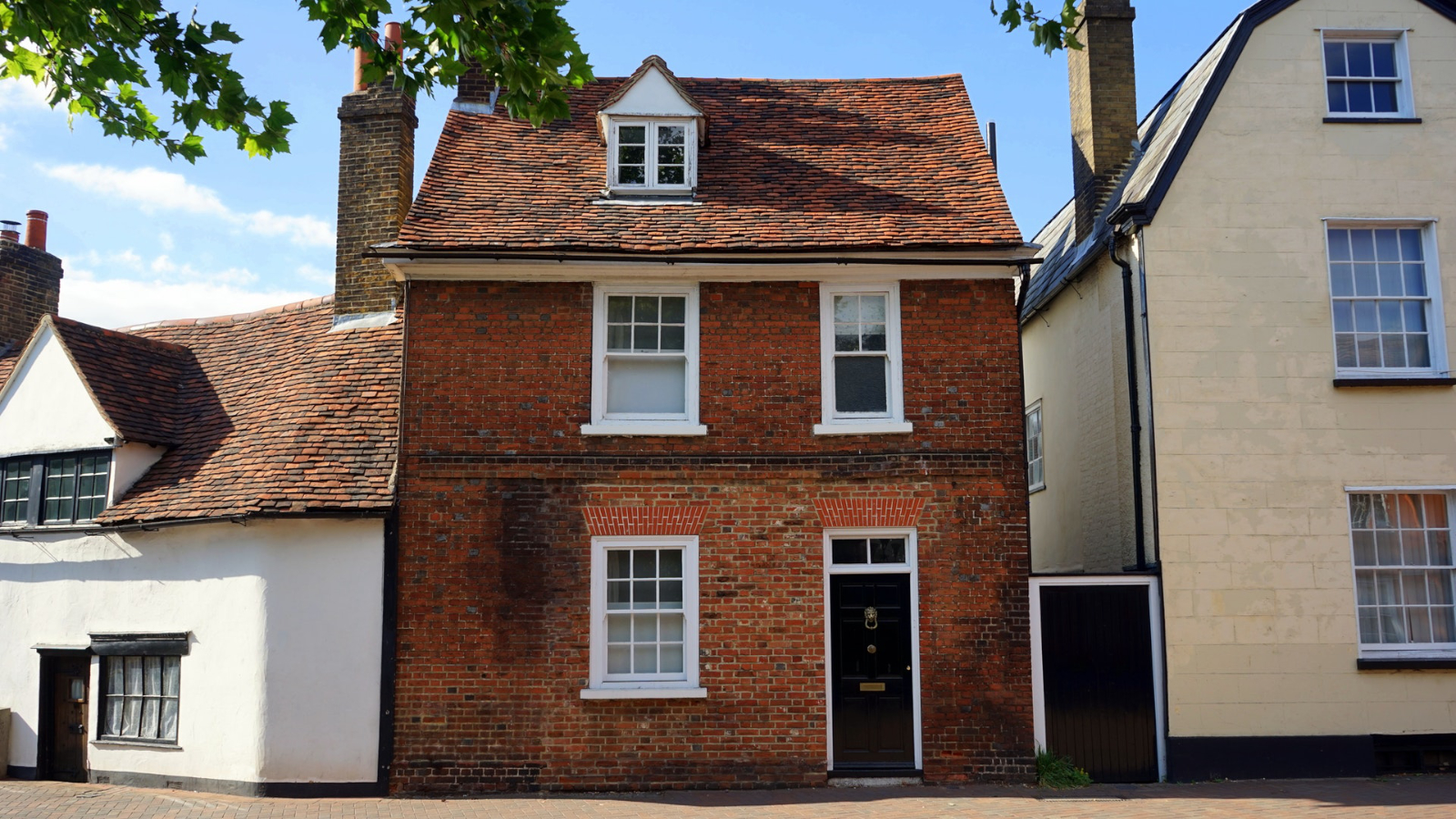There are changes coming to the way in which capital gains tax is calculated and paid on residential property disposals. These changes could apply to you, if at some point, the property sold was your principal private (main) residence. The changes are planned to be implemented in April 2020.
Principal private residence relief, final period of ownership exemption
Currently, if you have occupied a residential property as your main residence at some point during ownership, the 18 months preceding the date of sale will qualify for principal private residence relief. From 6th April, this final period exemption will be reduced to 9 months. Please note that other deemed occupation rules will be unaffected by the changes in April 2020.
Lettings relief
Lettings relief currently applies if you qualify for principal private residence relief on any period of occupation and at some point, during your ownership, the property was rented out as residential accommodation. Lettings relief allows for a deduction of up to £40,000 from the taxable gain, providing tax relief of up to £11,200 for a higher rate taxpayer. A key point to note is that lettings relief applies to the individual rather than the property so a married couple who own a property jointly could benefit from a reduction of up to £80,000 from their chargeable gain.
The reform to lettings relief announced at Budget 2018 will limit the availability of lettings relief and restrict it to those who share occupation of their house, with a tenant, for all disposals made from the 6th April 2020.
In effect, this means that lettings relief will no longer be available for the majority of disposals made from the 6th April 2020.
Buy-to-let and second home disposals: changes to date when capital gains tax is due
Under the current rules, any capital gains tax due, is payable on the 31st January in the year following the tax year-end i.e. the previous 5th April.
From 6th April 2020, capital gains on any disposals will be payable 30 days after the sale completes. The disposal will be disclosed on a report filed with HMRC, together with the estimated capital gains tax liability. You will also need to be declare the disposal on your self-assessment tax return, which will calculate any adjusting (re)payments needed to the tax liability.
If you would like to discuss any of the points raised in this update, please get in touch with one of the team.

